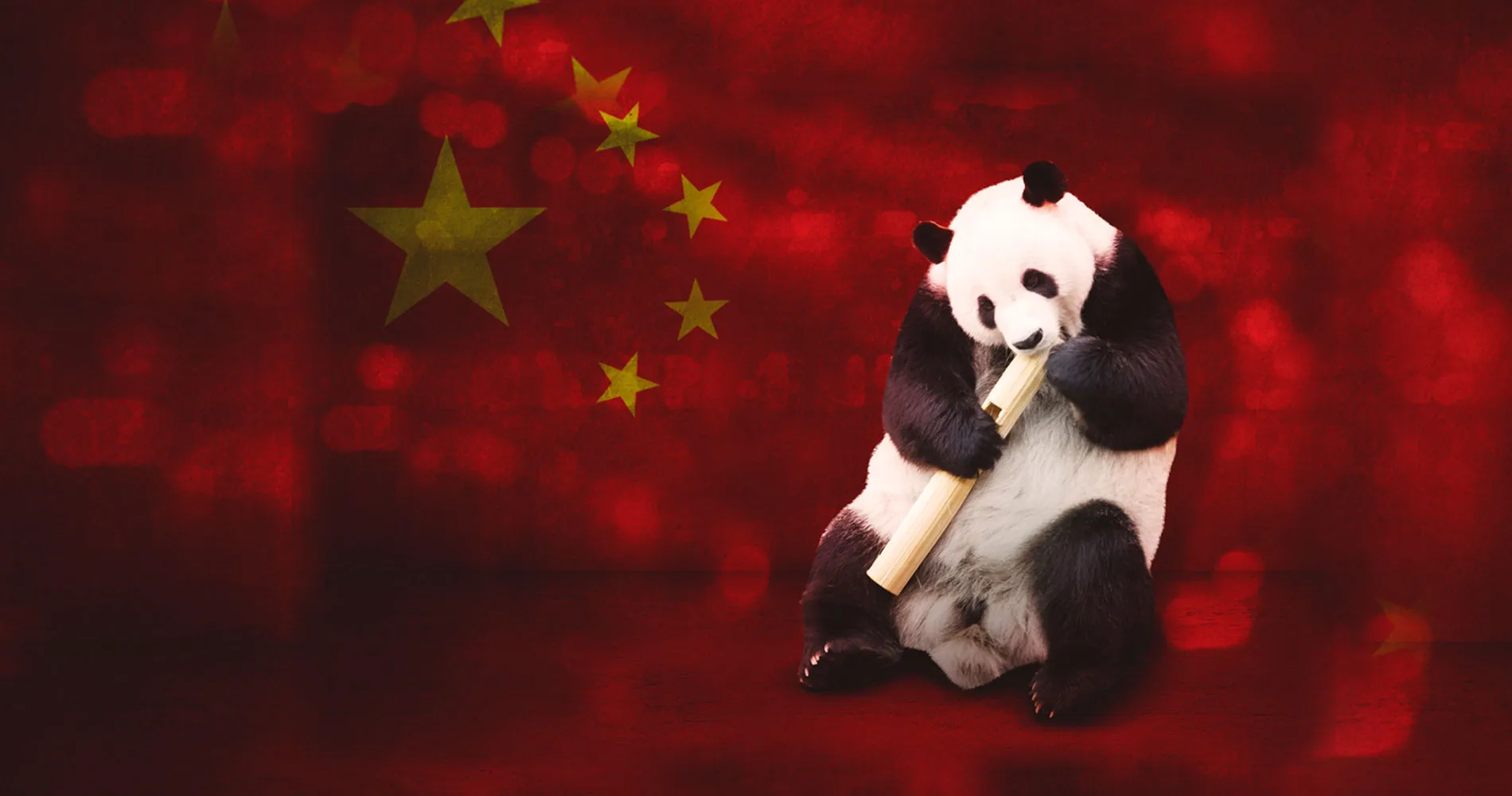The recent fight over TikTok is just a reflection of the long-lasting feud between China and the US in recent years. Will this „new tech cold war“ become a „comprehensive cold war“? Or will it be forgotten?
Scarlett Yan, 30 November 2020
A 20-year-old man and his 5-year-old brother standing on the escalator, and dancing with pop rhymes – this simple 15-second video has attracted 25.6 million likes, ranking first on TikTok, a popular short video-sharing platform. The dancer is TikTok star Michael Le, who has 42.1 million TikTok followers.
The fight over TikTok’s ownership in the US has been in the global headlines for some time. The recent fight over TikTok is a reflection of the long-lasting feud between China and the US under the Trump presidency.
Filter

China Tightens its Grip on Djibouti
Read MoreTikTok’s fate has been unclear since September 2020, as US President Donald Trump signed two Executive Orders against TikTok in which he demanded that TikTok sell its US operations to a US-based owner, or else TikTok would be “shut down” in the US. Trump argued that TikTok’s Chinese owner, Bytedance, may pose a threat to “the national security of the US”.
This decision has given Bytedance no choice but to seek a US buyer. Several US companies came into the race, including Microsoft, Oracle and Walmart. An initial agreement was made to shift TikTok’s US assets to Oracle Corp. and Walmart Inc., which was strongly supported by Trump. Yet this deal was never finalized, since Trump’s government failed to provide “substantive feedback” to the detailed solution, as argued by TikTok.
Yiming Zhang, the CEO of Bytedance, said in an internal letter that he did not agree with the decision to sell TikTok’s North American business, because the company has always insisted on ensuring user data security, platform neutrality and transparency.
On November 12,the US Commerce Department halted the ban on TikTok following the deal on TikTok’s US assets, giving the company another two weeks to survive. This decision was made because of the ban “pending further legal developments” in multiple lawsuits.
Three famous TikTokers appealed Trump’s Executive Order to ban the app in a Philadelphia court in September 2020, asking that the app be allowed to operate in the US. The court ruled in favor of the plaintiffs.
TikTok also filed a lawsuit against the US government shortly after the ban, arguing that the government “has overstepped its legal authority” through the Executive Order.
Why is TikTok so popular?
As an app for making and sharing short videos, TikTok has gone viral in the US market. According to Sensor Tower statistics, as of June 2020 TikTok ranked first in the global app download list. In the United States, TikTok has been downloaded more than 165 million times, and 65 to 80 million active users share videos every month.
The secret of TikTok’s success lies in its use of music and extremely large algorithms, allowing it to quickly understand what users love to watch and recommend them to users accordingly in order to increase “user stickiness”, which means to keep a user as long as possible on the app. Although most of the popular videos are shorter than 30 seconds, many users spent several hours a day on TikTok. “I could not stop watching these videos, they are like magic bullets,” one user commented on Twitter.
From the get-go, TikTok has been trying to delimit a clear line between itself and its parent company. The staff is run by a global team, and the data are collected and stored overseas. However, these measures could not dismiss doubts that TikTok may monitor and disclose the data of customers and apply China’s censorship to its global practice.
In July 2020, the government of India also announced a ban on TikTok in the India market, after the relationship between China and India deteriorated. India used to be TikTok’s biggest oversea market as TikTok has the most downloads globally in India.
Although it seems like a business dispute, in reality, it is a reflection of the deterioration of Sino-US relations. The reason TikTok has become the latest target of attacks, was due to its close relations with Chinese authorities. As US Secretary of State Mike Pompeo repeatedly argued, TikTok would pass the data of US-based users on to the Chinese government, although no evidence of this was provided.
The escalating fight has even raised concerns that this “new tech cold war” could become a “comprehensive cold war”? The decoupling of two of the largest countries in the world would definitely have severe implications to the international situation, where we have already seen some consequences.
The future fate of TikTok may lie with the new Biden administration or it may be forgotten.







